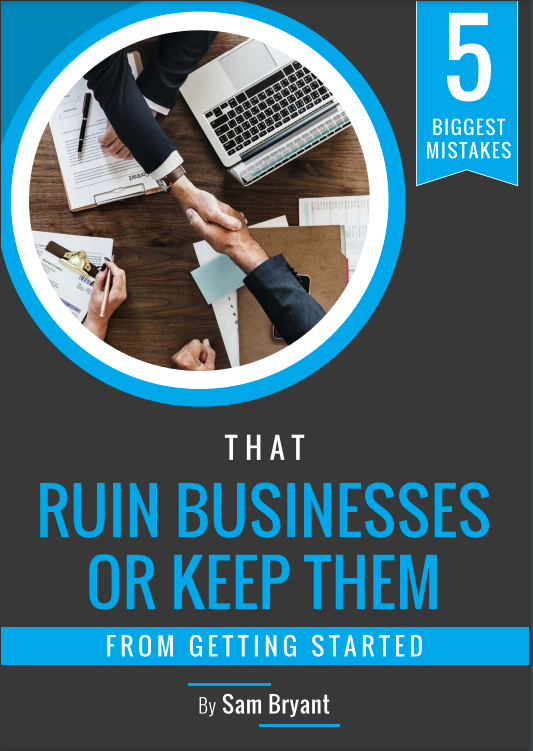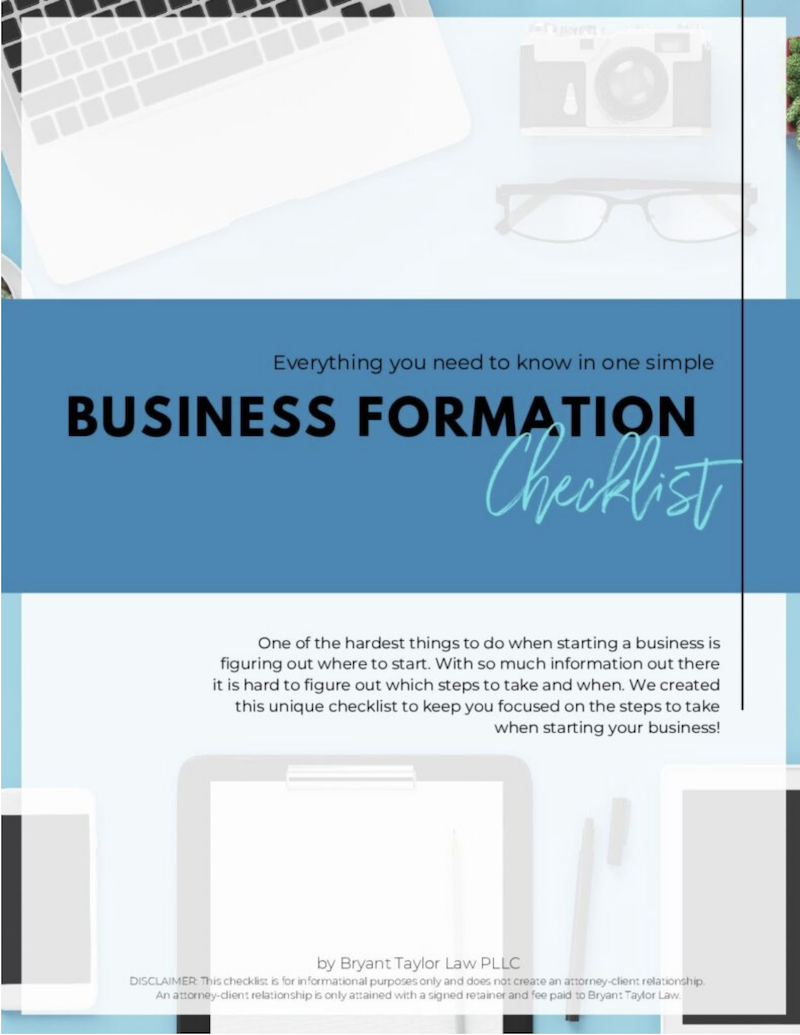
As a real estate investor, it’s sensible to protect your investments and shield your personal finances from issues that arise on your properties. We can’t predict everything that can and will go wrong for tenants on our properties, so it’s important to have homeowners insurance.
These policies generally cover damage to your property, loss or theft on the property, and, most importantly for real estate investors, personal liability in the event others are harmed on your property. Some investors believe these policies are the end-all-be-all of liability protection, but these policies have limited capabilities that could leave you paying serious money out of pocket. You should understand the holes in these policies and the ways you can fill those holes to protect yourself and your investments.
Coverage limits
Like any insurance policy, your homeowners insurance policy comes with coverage minimums and coverage limits. This means you will only be covered up to a certain dollar figure which presents an issue right away: what happens if you’re sued and the judgment exceeds this limit?
Insurance companies won’t just hand homeowners carte blanche when it comes to financial protection. This means certain circumstances could result in lawsuits that require you to pay out of pocket when significant lawsuits and judgments are filed. If you hold your real estate in your own name and don’t have the cash on hand to cover these incidents, you could lose assets like your car or even your own home to cover costs.
Coverage exclusions
The fine print of any insurance policy can be a field of landmines that could be a disaster waiting to happen. Florida homeowners insurance policies can hold exclusions for several issues that may result in lawsuits, including mold, flooding, dog bites, and other scenarios.
If you’re facing a lawsuit for a situation like this or other excluded scenarios, you’re likely on the hook for any judgment sent your way. Holding real estate in your own name and facing a lawsuit without coverage could be detrimental to your financial future. No matter how secure and successful you feel your real estate portfolio is, your business could be stopped in its tracks.
It’s imperative to read through the entirety of your policy and understand what situations aren’t covered. You should confront these issues right away and ensure all your properties are up to code and protected from these liabilities.
Limit your liability
Even if you’re thorough in reading through your policy and preparing your policies for tenants, problems can still arise. The best preparation is to limit your liability entirely.
We’ve written recently about putting your real estate in Limited Liability Corporations (LLCs) instead of holding them in your own name. The name itself explains the benefit: you’re limiting your liability in the event of a judgment that goes beyond the limits of your homeowners insurance. This prevents you from having to put up assets like your own car or home to satisfy the costs of a lawsuit. The same can be said for using land trusts.
At Bryant Taylor Law, we help real estate investors structure their portfolios to protect against hidden dangers and the limitations of their insurance policies. We can help you move your properties into one or multiple LLCs or help you form a land trust. If you own property in Florida and need help getting your real estate business thriving, contact our team.
ventus
Latest posts by ventus (see all)
- The Role of a Business Attorney in Estate Planning - October 13, 2022




